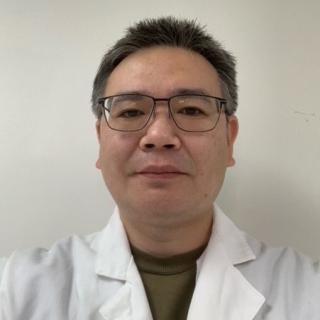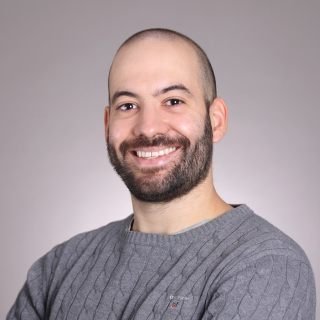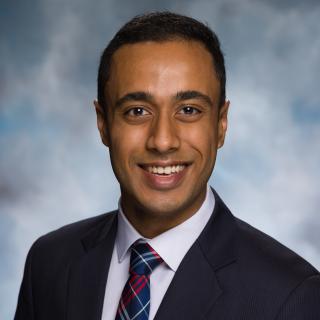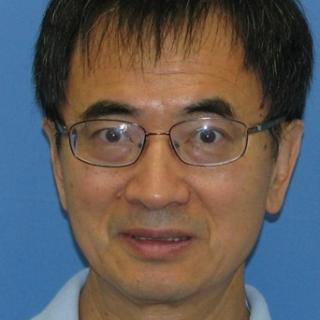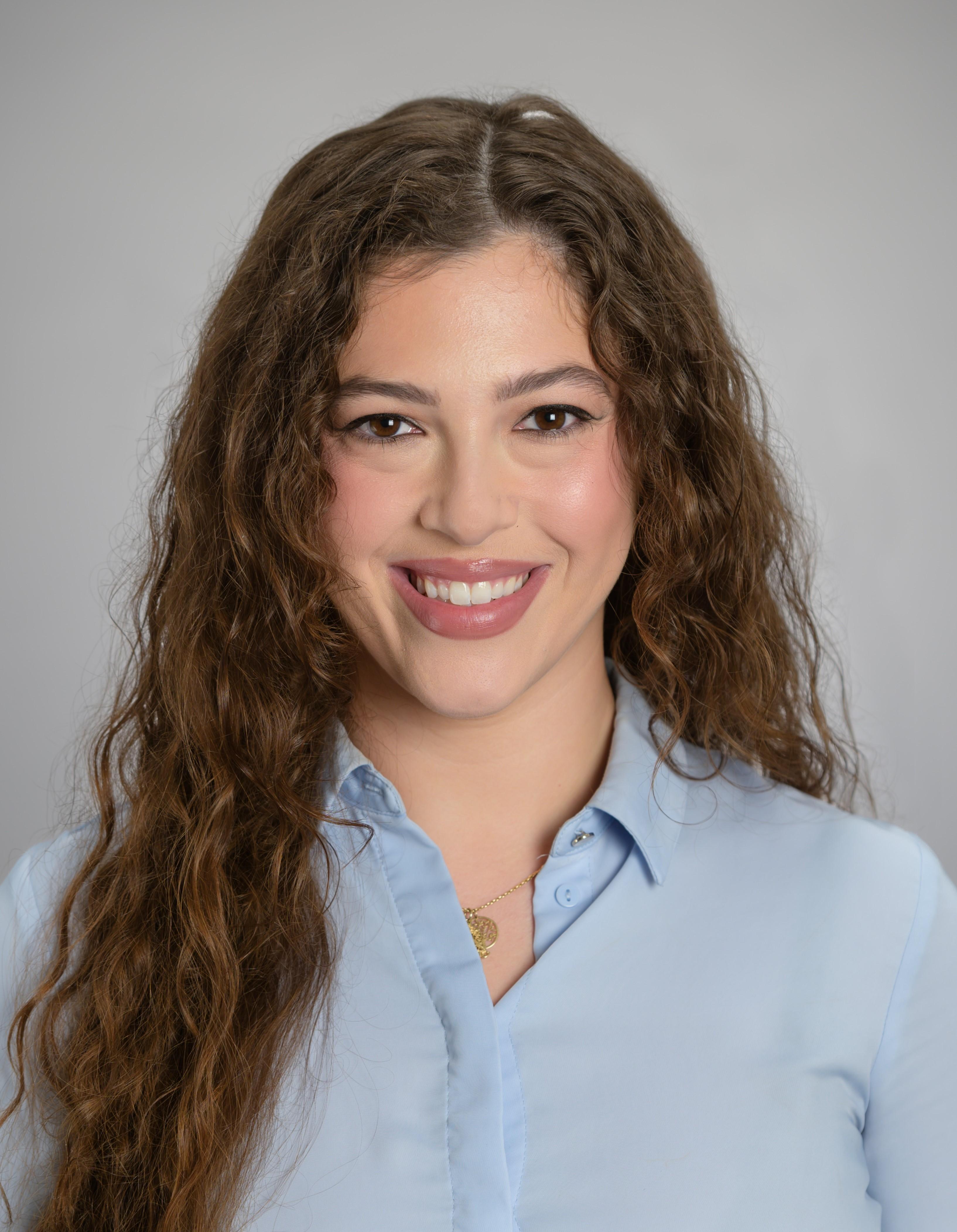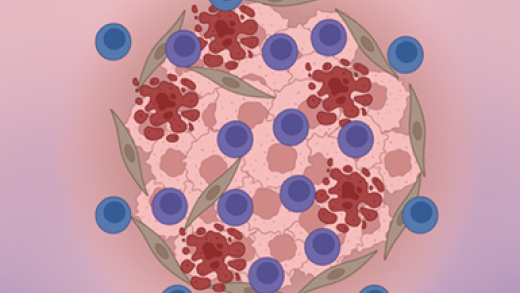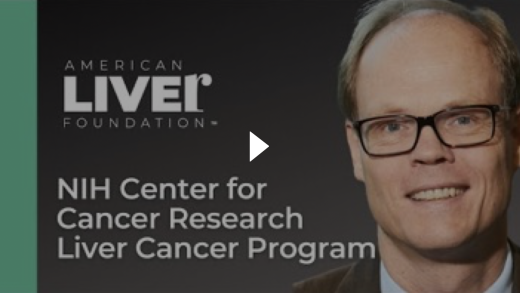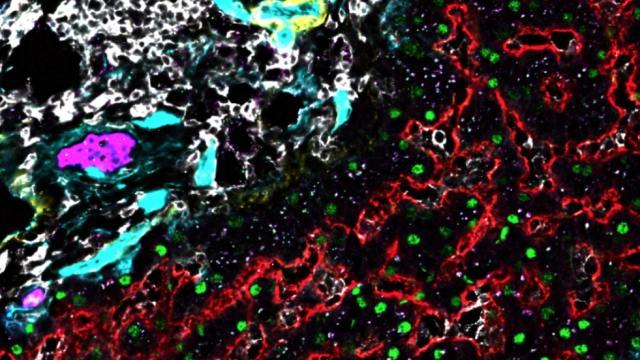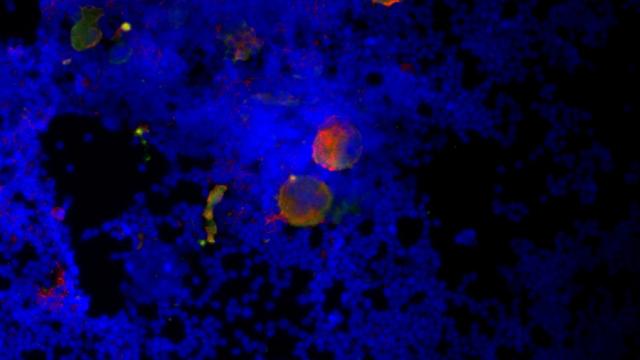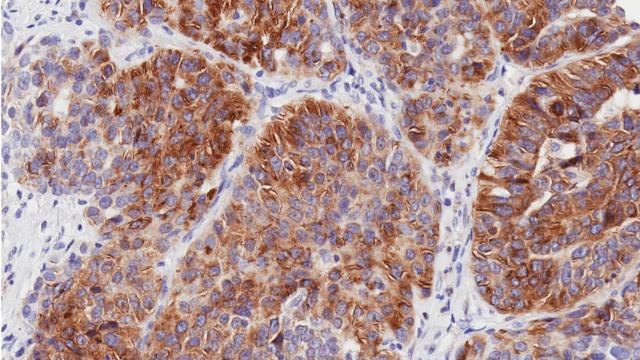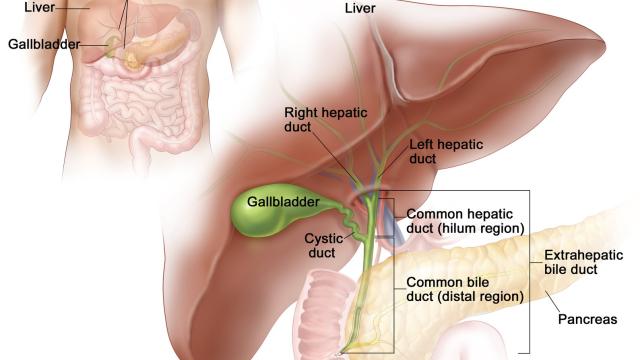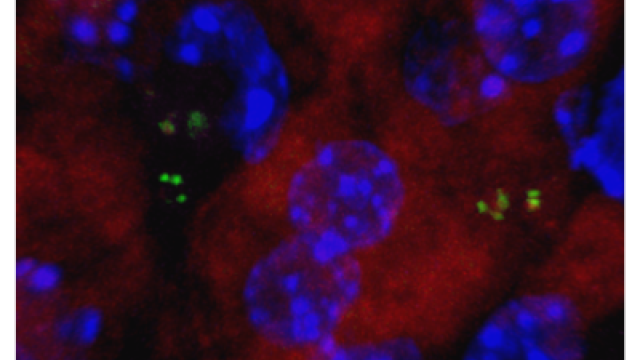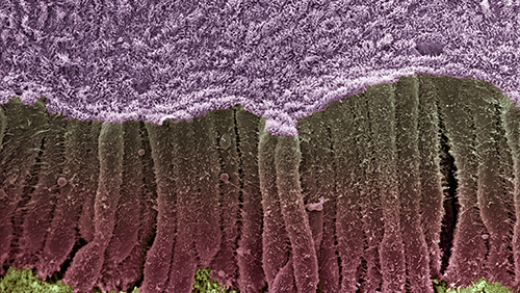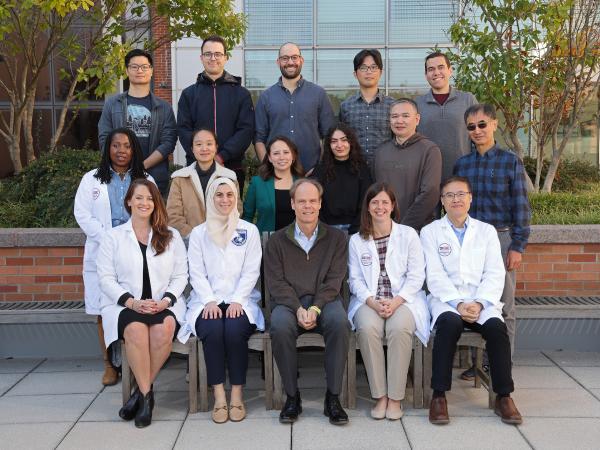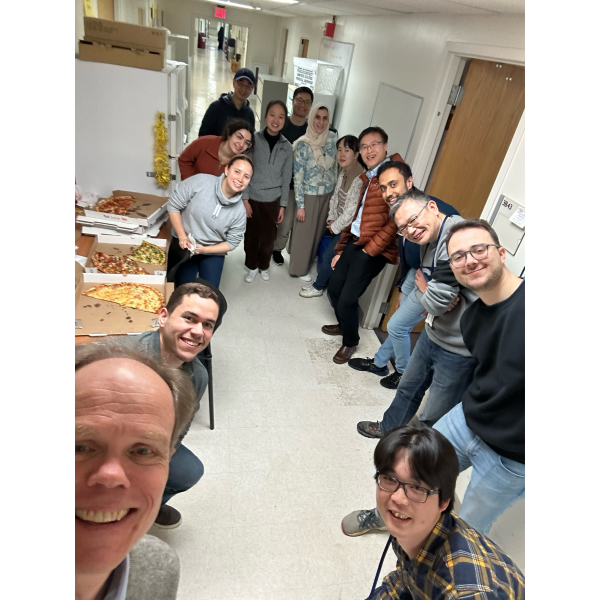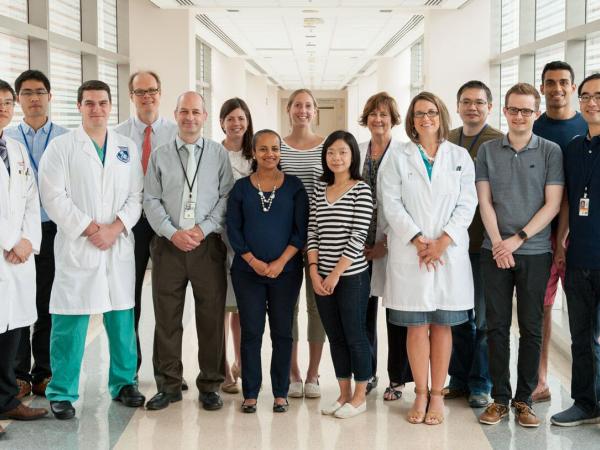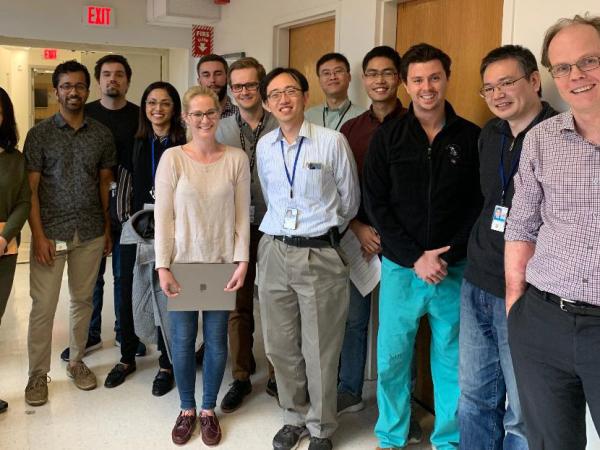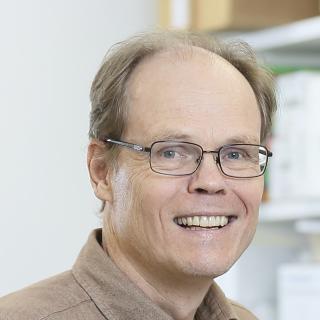
Tim F. Greten, M.D.
- Center for Cancer Research
- National Cancer Institute
- Building 10, Room 2B38B
- Bethesda, MD 20892
- 240-760-6114
- tim.greten@nih.gov
RESEARCH SUMMARY
Dr. Greten is a physician-scientist who uses his medical expertise in Gastroenterology, Hepatology and Medical Oncology along with his research expertise in tumor immunology to develop novel treatments for patients with cancer. He heads a research team to study the tumor microenvironment in the liver in the context of Hepatocellular Carcinoma, Cholangiocarcinoma, and liver metastasis and studies how exogenous factors such as diet and the gut microbiome may affect immune responses in the liver. He also directs the GI Medical Oncology clinical team, that conducts clinical trials in patients with GI cancers. He and his team cover the entire research spectrum from basic tumor immunology and use of complex murine cancer models to the development and evaluation of new immunotherapies (including CAR T cells) for patients with gastrointestinal cancers. He conducts investigator-initiated first-in-human trials, phase I and II trials and has been one of the first investigators to test immune checkpoint inhibitors in patients with Hepatocellular carcinoma and Cholangiocarcinoma either alone or in combination with locoregional therapies.
Areas of Expertise

Tim F. Greten, M.D.
Clinical Trials
Research
Dr. Greten has been studying immunotherapy of GI cancers for more than 20 years. After a post-doctoral fellowship at Johns Hopkins, where he developed MHC-IgG fusion proteins to detect tumor-specific T cells in patients with cancer and studied the effect of tumor cell death on tumor specific immune responses, he decided to focus on primary liver cancer and the specific tumor microenvironment in the liver.
Dr. Greten has been a pioneer in studying tumor-specific immune responses in patients with hepatocellular carcinoma (HCC). Very early on he made the unexpected observation that patients with HCC mount spontaneous tumor-specific immune responses, which led to the question of why tumors would progress if tumor-specific T cells were present. He described in his early studies an accumulation of suppressive regulatory T cells and was one of the pioneers to study another cell type with immune suppressor function, CD14+ HLA-DRlo myeloid derived suppressor cells. Based on these findings, he conducted small proof of concept clinical trials targeting regulatory T cells and a peptide vaccine approach to enhance anti-tumor immunity in HCC. Based on the clinical observation that non-alcoholic fatty liver disease (NAFLD) is a risk factor to develop HCC; Dr. Greten developed a mouse model, which helped him, and his group explain the cellular and metabolic mechanism ultimately leading to impaired immune responses in NAFLD. This work led to multiple high impact publications in Nature, Gastroenterology, Journal of Hepatology and other scientific journals. Based on the observation that different diets can change immune responses in the liver through immediate interactions with fatty acids accumulating in the liver in non-alcoholic fatty liver disease, Dr. Greten decided to extend those studies and explore whether the gut microbiome may also affect immune responses in the liver because of the specific anatomical location of the liver with the immediate connection to the gut through the portal vein. His group demonstrated that commensal bacteria control bile acid metabolism, which indeed control NKT cells in the liver (Science, 2018). His current research portfolio includes basic research studies on the gut microbiome, NAFLD and how they affect anti-tumor immunity in the liver. His research combines studies on human samples, complex murine models as well as early investigator-initiated trials.
Dr. Greten has been highly successful both in his clinical and laboratory research with publications in leading journals including Nature, Science, Cancer Cell, Cancer Discovery etc. He is a pioneer for the field of immunotherapy of liver cancers, which now have become standard of care. Dr. Greten has mentored many students and fellows at different levels of their career. He is internationally recognized as a leader in the field of immunotherapy of liver cancers and in 2023 he has been recognized as the most published author in the field of hepatocellular carcinoma immunotherapy worldwide.
What's Next in Liver Cancer Research - Twitter Live
Publications
- Bibliography Link
- View Dr. Greten's Complete Bibliography at NCBI.
- Dr. Tim Greten
Gut microbiome-mediated bile acid metabolism regulates liver cancer via NKT cells
NAFLD causes selective CD4(+) T lymphocyte loss and promotes hepatocarcinogenesis
Tumor-associated macrophages trigger MAIT cell dysfunction at the HCC invasive margin
Tremelimumab in Combination with Ablation in Patients with Advanced Hepatocellular Carcinoma
Platelets control liver tumor growth through P2Y12-dependent CD40L release in NAFLD
Biography

Tim F. Greten, M.D.
Tim F. Greten, M.D., received his medical training at the Christian Albrechts University in Kiel, Germany. He did his internship in Munich followed by a 3-year postdoctoral fellowship at the Johns Hopkins University (Baltimore, Maryland), where he initiated his work in the field of tumor immunology. In 1999, Dr. Greten returned to Hannover Medical School, where he finished his training in Internal Medicine (2003), Medical Oncology (2004) and Gastroenterology (2007). He held an Associate Professor position in the Department of Gastroenterology, Hepatology and Endocrinology in Hannover Medical School. In February 2010, Dr. Greten joined CCR's Medical Oncology Branch as the head of the Gastrointestinal Malignancy Section and was promoted as a tenured Senior Investigator in 2015 and Deputy Branch Chief in 2018 and CCR Deputy Director in 2023.
Dr. Greten has published more than 250 peer-reviewed papers in different journals including Science, Nature, Cell, Cancer Cell, Cancer Discovery and New England Journal of Medicine. In 2023 Dr. Greten was awarded the NCI and CCR Director's Award for Outstanding Mentorship. Dr. Greten is co-chair of the Center of Excellence in Immunology and co-director of the NCI CCR Liver Cancer Program.
Job Vacancies
We have no open positions in our group at this time, please check back later.
To see all available positions at CCR, take a look at our Careers page. You can also subscribe to receive CCR's latest job and training opportunities in your inbox.
Team
News
Excess Fats Give Developing Liver Tumors a Chance to Grow
CCR Milestones 2017
Dr. Greten's study on non-alcohlic fatty liver disease (NAFLD) and hepatocellular carcinoma (HCC) was recognized as one of CCR's top cancer research milestones in 2017. Learn more...
Lab Life
Alumni
| Austin Duffy, M.D. Staff Physician | Gagandeep Brar, M.D. Medical Oncology Fellow | Charalampos Floudas, M.D. Medical Oncology Fellow | Osama Rahma, M.D. Medical Oncology Fellow |
| Oxana Rusher, M.D. Medical Oncology Fellow | Susana Ulahannan, M.D. Medical Oncology Fellow | Changqing Xie, M.D., Ph.D. Medical Oncology Fellow | Christine Koch Medical Student |
| Martin Knüppel Medical Student | Jack McVey Medical Student | Gunnar Neumann Medical Student | Lars Ormandy Medical Student |
| Frauke Ruthotto Medical Student | Susanne Petrykowska Medical Student | Ulla Schmelter Medical Student | Thorsten Voigtländer Medical Student |
| Tim Wohlberedt Medical Student | Jose Medina Echiverz, Ph.D. Postdoc | Tobias Eggert, Ph.D. Postdoc | Qiong Fu, Ph.D. Postdoc |
| Jaba Gamrekelashvili, Ph.D. Postdoc | Simon Wabitsch, M.D. | Benjamin Green, M.D. | Qiong Fu, Ph. D. Postdoc |
| Benjamin Ruf, M.D. Postdoc | Justin McCallen Medical Student | Amran Nur Postbac | Matthias Seifert Medical Student |
| Francisco Rodriguez-Matos Medical Student | Kelley Coffman-D’Annibale , M.D. | Shadin Ghabra , M.D. |


